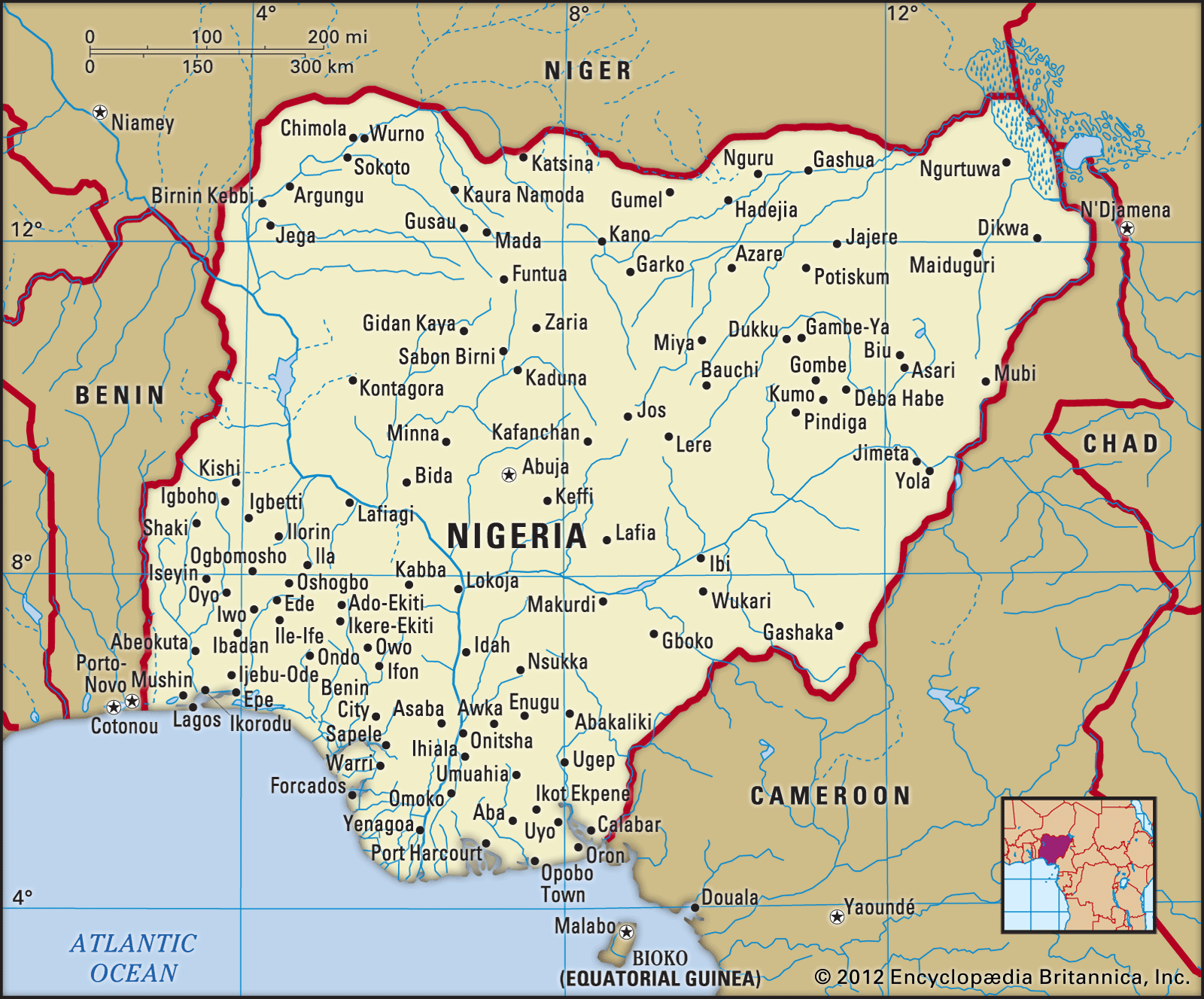Nigeria is now the 6th most populous country in the world following a report released by United Nations Department of Economic and Social Affairs.
The international agency in its report released on Tuesday, November 15, said the global population has reached an estimated 8 billion.
More than half of the projected population is concentrated in just eight countries: the Democratic Republic of the Congo, Egypt, Ethiopia, India, Nigeria, Pakistan, the Philippines and the United Republic of Tanzania.
Some of the projections made in UN’s World Population Prospects 2022 include India surpassing China as the world’s most populous country in 2023, world’s population growing to around 8.5 billion in 2030, 9.7 billion in 2050 and reaching a peak of around 10.4 billion people during the 2080s. It is projected that the world’s population will remain at that level until 2100.
The report also noted that fertility has fallen markedly in recent decades for many countries. It read;
“Today, two-thirds of the global population lives in a country or area where lifetime fertility is below 2.1 births per woman, roughly the level required for zero growth in the long run for a population with low mortality. The populations of 61 countries or areas are projected to decrease by 1 percent or more between 2022 and 2050, owing to sustained low levels of fertility and, in some cases, elevated rates of emigration,” the report reads.
“More than half of the projected increase in the global population up to 2050 will be concentrated in eight countries: the Democratic Republic of the Congo, Egypt, Ethiopia, India, Nigeria, Pakistan, the Philippines and the United Republic of Tanzania.
“Countries of sub-Saharan Africa are expected to contribute more than half of the increase anticipated through 2050.”
Commenting on the report, António Guterres, UN secretary-general, said;
“This year’s World Population Day falls during a milestone year when we anticipate the birth of the earth’s eight billionth inhabitant. This is an occasion to celebrate our diversity, recognise our common humanity, and marvel at advancements in health that have extended lifespans and dramatically reduced maternal and child mortality rates.
“At the same time, it is a reminder of our shared responsibility to care for our planet and a moment to reflect on where we still fall short of our commitments to one another.”






